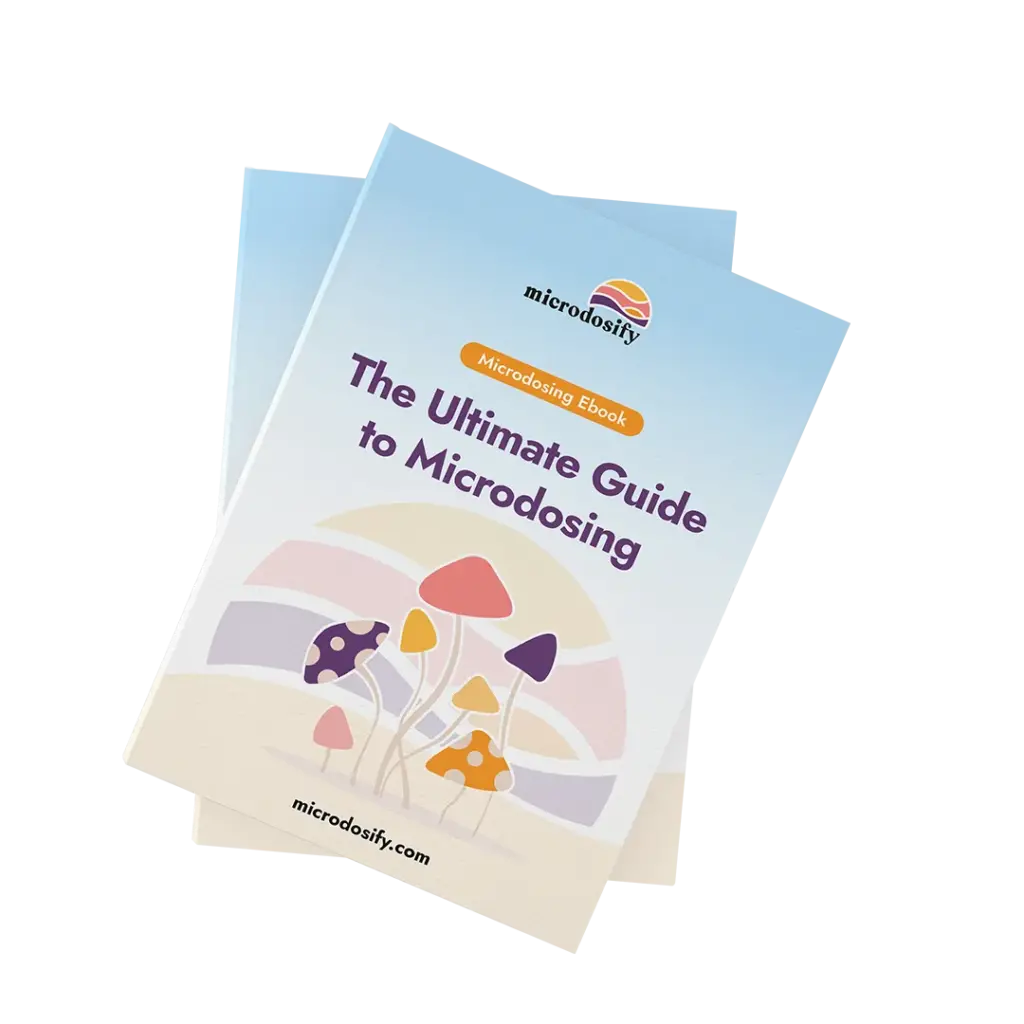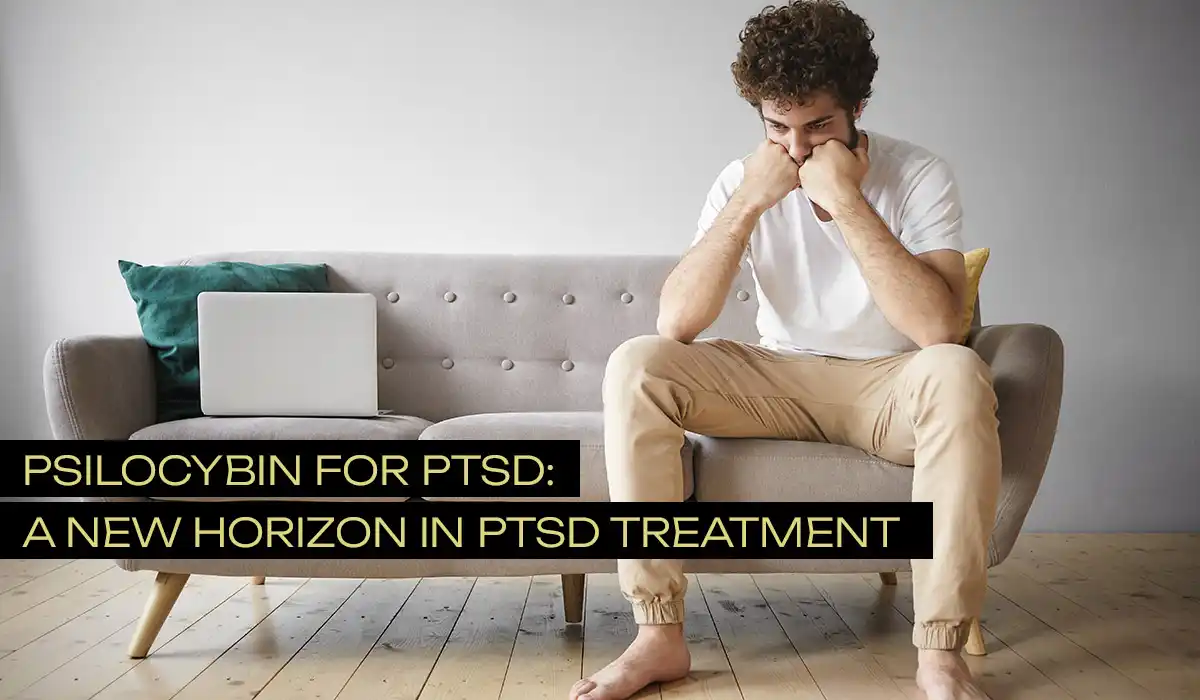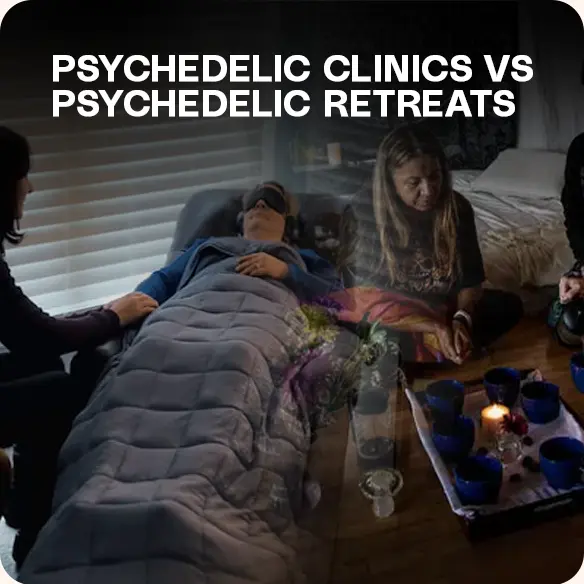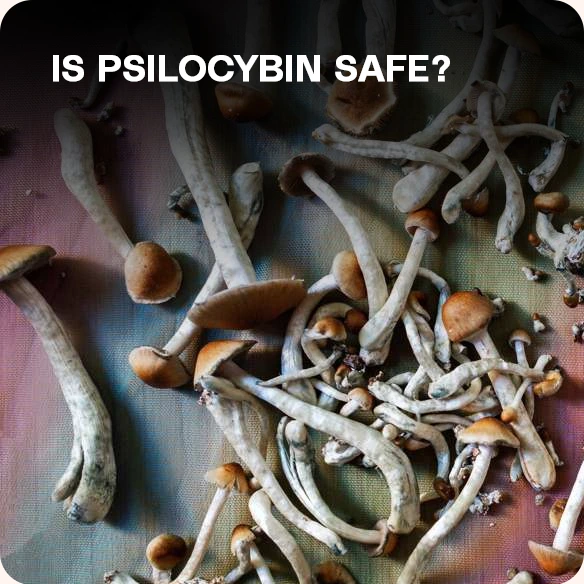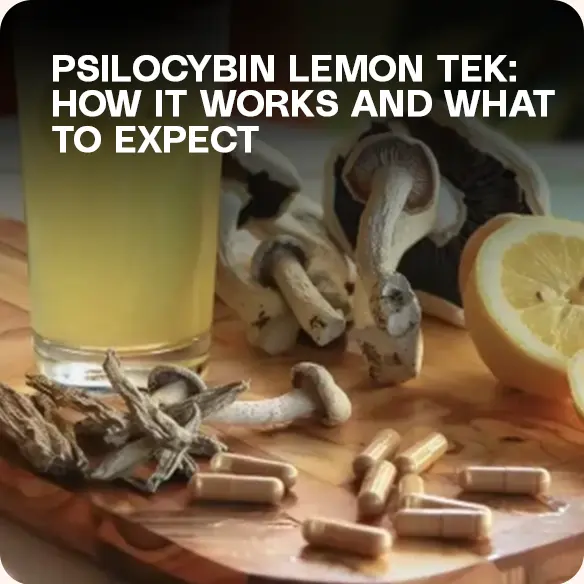What is PTSD?
Post-traumatic stress disorder (PTSD) is a mental health condition that emerges after exposure to a traumatic event, marked by intrusive memories, flashbacks, and heightened emotional distress, according to psychiatry.org. The three primary types of PTSD involve reliving the trauma, avoiding reminders, and experiencing increased arousal.
Individuals grappling with PTSD may confront psychological challenges like anxiety and depression, coupled with physical symptoms such as insomnia and irritability, significantly impacting their mental health, relationships, and overall well-being. The persistent effects of PTSD can strain interpersonal connections, disrupt daily functioning, and contribute to a diminished sense of overall life satisfaction.
Additional struggles faced by those with PTSD also often include substance abuse and heightened suicide risks. Recent research, drawing on the National Comorbidity Survey, highlights a significant link between PTSD and suicide attempts.This illustrates how imperative it is to find supportive treatment options for those suffering from the condition.
Current Treatment Options for PTSD and Why it often isn’t Enough
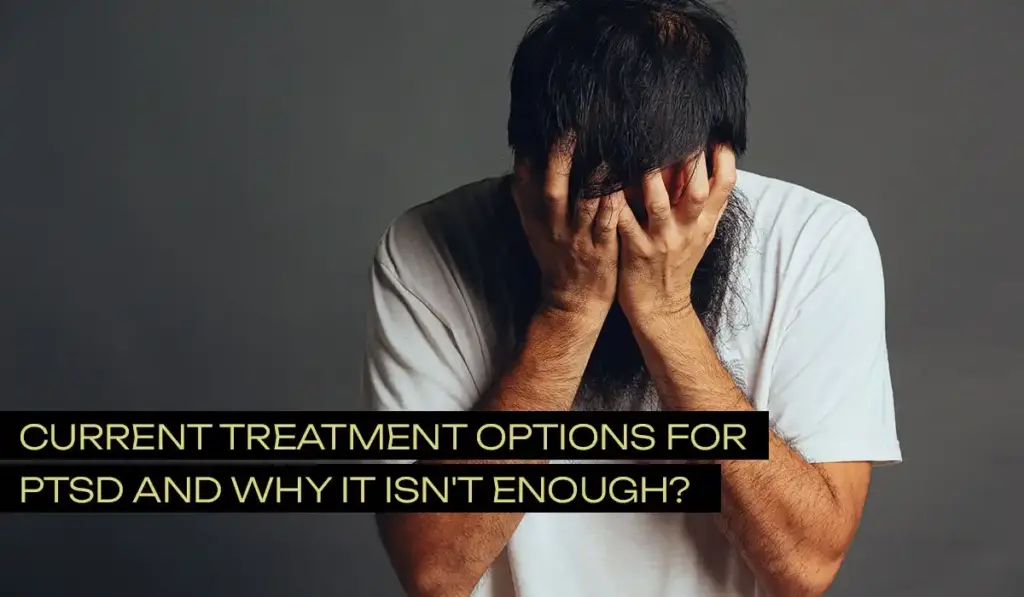
Current treatment options for PTSD include cognitive-behavioral therapy (CBT) and eye movement desensitization and reprocessing (EMDR), along with medications like selective serotonin reuptake inhibitors (SSRIs), are commonly utilized to address PTSD symptoms.
Navigating the journey of managing PTSD can be complex, given its diverse nature—everyone’s experience and response to different approaches can vary widely:
- With no current treatment options offering a standout recovery rate, many with PTSD will have to explore multiple options before finding one that suits their recovery best
- Medications such as SSRIs often come with their own set of challenging side effects to manage
- Traditional therapy, alone, often requires years of treatment to illicit long-term impact
Psilocybin exhibits potential in treating or managing PTSD by potentially fostering neuroplasticity and aiding in emotional processing, which may contribute to a decrease in symptom severity. Whether used as a tool on its own or as a compliment to other treatments, psilocybin can offer new options for those who have struggled to recover from PTSD using more widely available methods.
Psilocybin-assisted Therapy for PTSD
Emerging research suggests that under controlled conditions, psilocybin may offer therapeutic benefits, potentially alleviating symptoms of PTSD while promoting increased mindfulness and emotional well-being.
When used alongside the support of a qualified therapist, a therapeutic psilocybin session may also allow individuals to confront and process traumatic memories differently than traditional treatments. It is believed to foster a heightened state of emotional receptivity while at the same time, decreasing fear, enabling individuals to re-engage with traumatic memories in a new light. This altered perspective may catalyze a process of healing and integration, providing a novel avenue for therapeutic intervention.
After the psilocybin session, individuals continue to work with therapists who help them understand and apply the insights gained. This integration is essential for ensuring that the therapy leads to meaningful and lasting changes in how individuals view and interact with their world, moving beyond the session to affect real-world thoughts and behaviors.
How Psilocybin May Rewire the Traumatic Brain
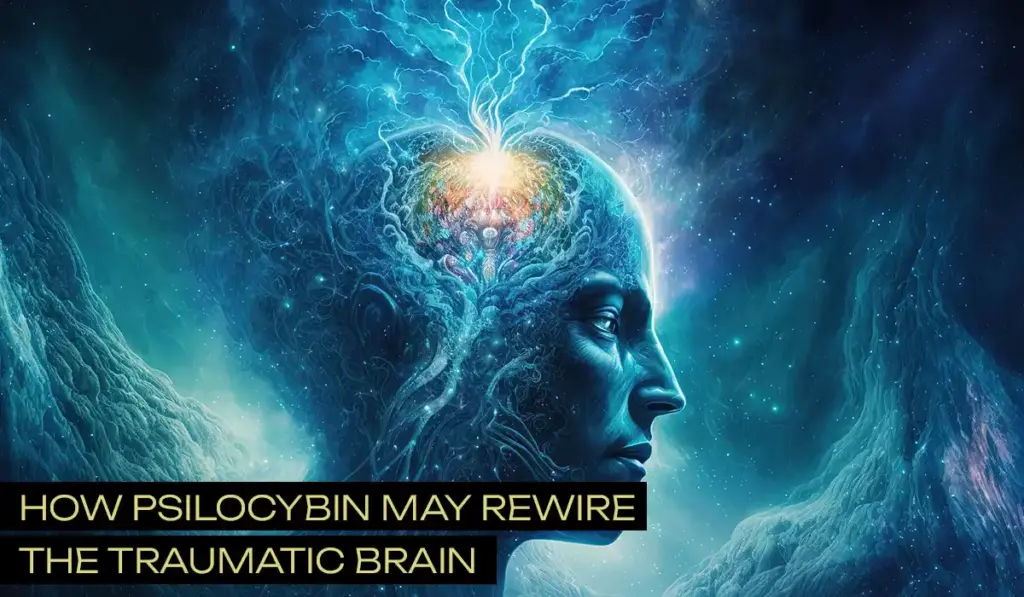
Psilocybin may rewire the traumatic brain introducing a hopeful path towards healing. Research suggests that the compound, found in magic mushrooms, supports neuroplasticity, the brain’s impressive ability to form and reorganize connections.
The connection between psilocybin and improved neuroplasticity also points to its potential to alter how we perceive and think, providing new ways to understand and process trauma. While research is still unfolding, early findings highlight psilocybin’s potential for developing new treatments for trauma-related conditions.
Findings from Clinical Trials
As of 2020, there have been no clinical trials on the potential of psilocybin to support PTSD. PTSD was not added as a psychiatric diagnosis in the DSM until 1980. This means that studies prior to 1980 may have included patients that would have been diagnosed with PTSD in modern decades; however, there is no way to accurately assess the outcome on these potential patients.
However, in an article titled, “Reviewing the Potential of Psychedelics for the Treatment of PTSD” by Erwin Krediet, et al, and published in 2020, they refer to psychedelic treatments in the 1980’s in the Netherlands on those experiencing “concentration camp syndrome”. It is likely that many of these participants would have been diagnosed with PTSD if a definition were available at that time. Hundreds of patients were treated using LSD, psilocybin and ketamine alongside therapeutic support. According to the article, “in a long-term follow-up study on 12 patients, all but 1 patient reported moderate to strong improvements after treatment with this method.”
While research is limited, there has been an uptick in interest and a few studies in the US and the UK have been announced or are in early stages to investigate psilocybin and its potential to treat PTSD, especially in the war veteran population.
Read more: Latest Research on Psilocybin for Depression
Considerations and Potential Risks
The potential risks of psilocybin for PTSD could be the induction of intense and unpredictable psychological reactions, the exacerbation of pre-existing mental health conditions, and the chance of adverse interactions with other medications. Non-medical contexts with unstandardized dosages and uncontrolled settings may further elevate the risks, compromising the overall safety of psilocybin therapy for PTSD.
Using psilocybin for PTSD in a secure environment requires careful planning and consideration. Begin with a conservative dose, ensure the presence of a reliable and experienced therapist, and establish a serene and comfortable setting to mitigate potential risks and optimize the therapeutic aspects of the psychedelic encounter.
Future of Psilocybin and PTSD Treatment
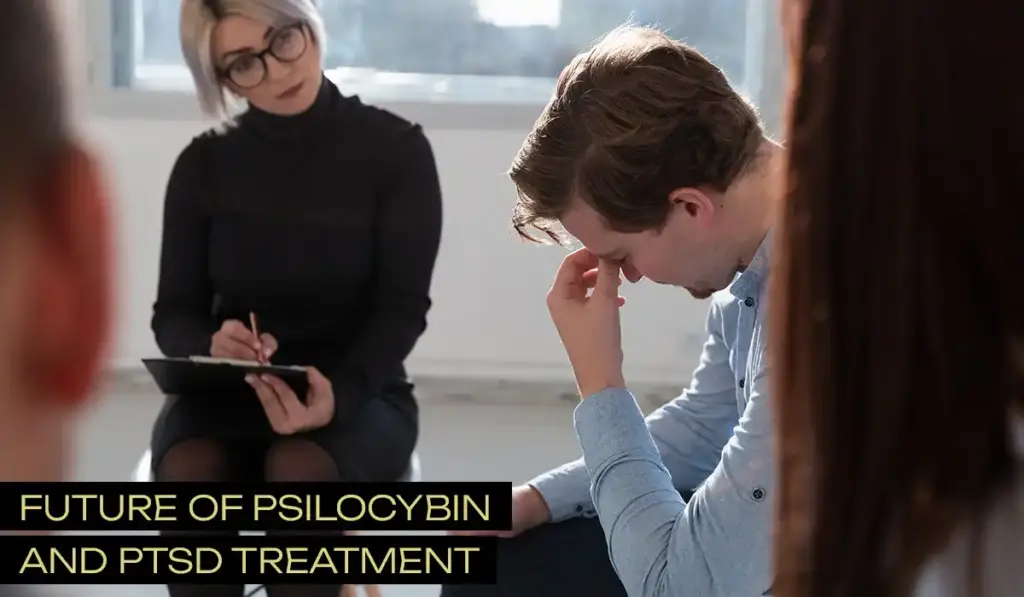
The future potential use of psilocybin in chronic PTSD treatment presents a dual landscape of promise and challenge. Scientific studies indicate that psilocybin, a psychoactive compound found in certain mushrooms, could offer therapeutic benefits by inducing profound psychological experiences that may help alleviate PTSD symptoms.
However, the path to incorporating psilocybin into mainstream PTSD treatment faces hurdles such as navigating regulatory constraints and addressing societal attitudes towards psychedelic substances. Moreover, rigorous clinical trials are imperative to establish a solid understanding of the optimal dosages and long-term effects, ensuring the safe and effective integration of psilocybin into conventional mental health care approaches.
Find out the latest results of clinical trials on Psilocybin for OCD: Can Psilocybin Support OCD Management??
FAQs
What psychedelics are being studied for PTSD support?
MDMA (3,4-methylenedioxymethamphetamine), while not a classical psychedelic, and psilocybin, have both gained significant attention in recent years as a potential therapeutic aid for PTSD.What is the best medication for PTSD?
Final Thoughts
Psilocybin for treating PTSD reveals a promising and innovative approach that holds potential for individuals grappling with the profound impacts of trauma. The introspective experiences induced by the psychedelic compound present an intriguing avenue for fostering more profound understanding and healing.
While continued research is crucial to establish both efficacy and safety, early findings suggest that psilocybin-assisted therapy could emerge as a transformative and hopeful frontier in the treatment of PTSD.
Sources
- Reviewing the Potential of Psychedelics for the Treatment of PTSD by (2020 Jun) Erwin Krediet, Tijmen Bostoen, Joost Breeksema, Annette van Schagen, Torsten Passie, and Eric Vermetten
- Psilocybin-assisted psychotherapy for the treatment of PTSD in UK armed forces veterans: A feasibility study protocol, by (2023 Dec) Natasha Biscoe, Amanda Bonson, Max Slavin, Walter Busuttil, Deirdre MacManus, Andrew Cox, Dominic Murphy
- Study protocol of an open-label proof-of-concept trial examining the safety and clinical efficacy of psilocybin-assisted therapy for veterans with PTSD by Alan K Davis, Adam W Levin, Paul B Nagib1,3, Stacey B Armstrong, Rafaelle L Lancelotta
- Augmenting rTMS With Psilocybin-Assisted Psychotherapy (PAP) for PTSD: A Proof-of-Concept Study Design by (2023 Jun) Basant Pradhan, Ankit Rana, Edward Goldschmidt III, Anthony Rostain
